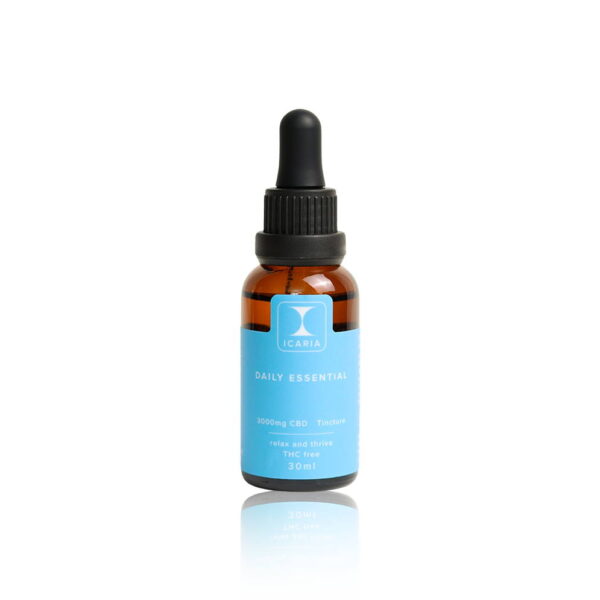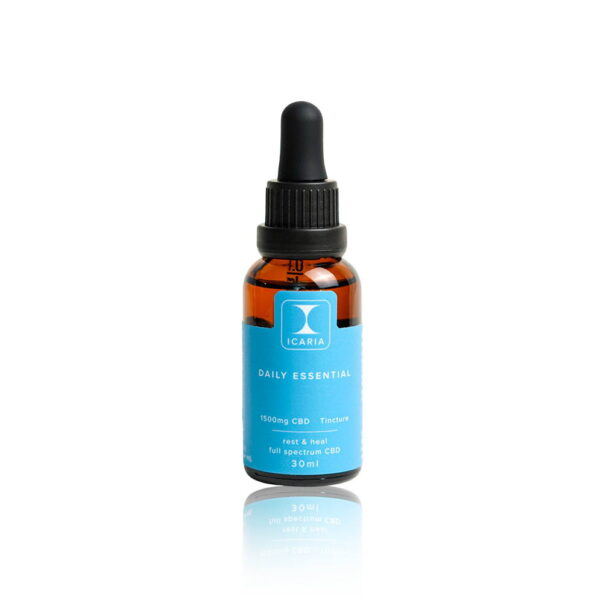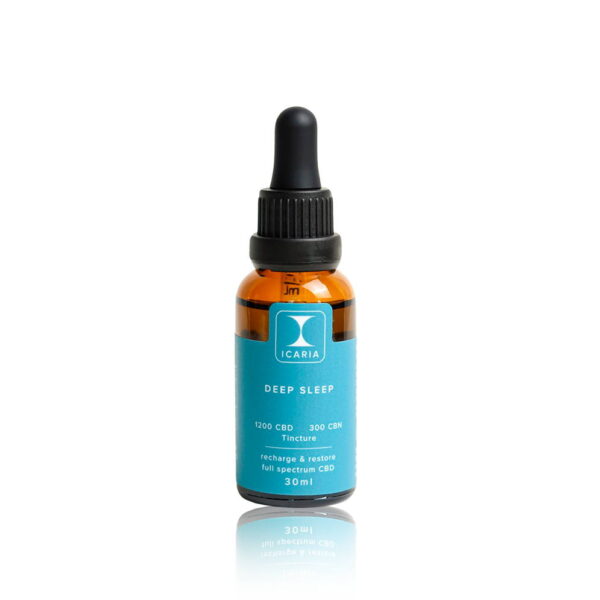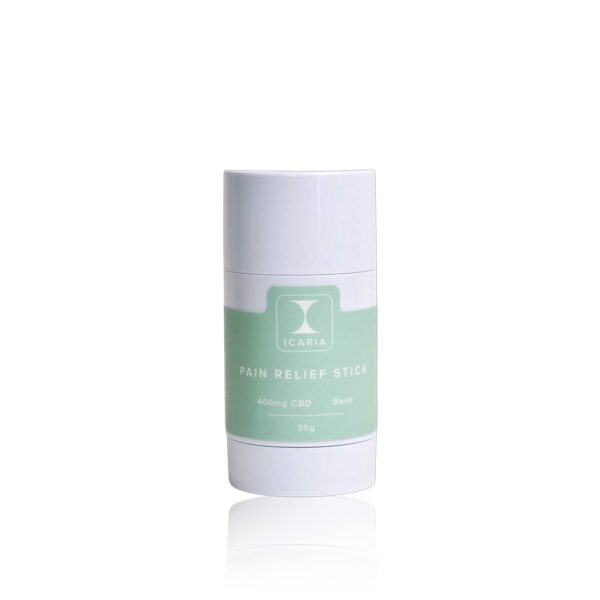Navigating life with lupus can feel like a constant battle against your own body, but amidst the challenges, there are rays of hope. In recent years, the spotlight has shifted towards CBD, a natural compound showing promise in alleviating symptoms associated with various health conditions, including lupus. This article aims to shed light on lupus, its diverse symptoms, and traditional treatment avenues, and delve into the potential of CBD for lupus symptom management.
What is lupus?
Lupus is not just a disease; it’s a relentless autoimmune condition that can affect virtually any part of the body, from the skin to the organs. This complex illness occurs when the immune system misfires, launching an assault on healthy tissues and organs, inducing inflammation, pain, and damage. While the precise triggers of lupus remain elusive, factors like genetics, hormonal imbalances, and environmental influences are thought to contribute to its onset.
Symptoms of lupus
The symptoms of lupus are as varied as the individuals it affects, manifesting in an array of forms and intensities. Fatigue often becomes a constant companion, while joint pain and swelling can hinder mobility and comfort. Skin manifestations, like the infamous butterfly-shaped rash across the cheeks, serve as visible reminders of the internal turmoil. Moreover, systemic symptoms such as fever, hair loss, mouth sores, and sensitivity to sunlight further compound the challenges. For some, lupus extends its reach to internal organs, potentially leading to severe complications like kidney dysfunction, cardiovascular issues, and neurological disturbances.
Treatments for lupus
In the absence of a cure, managing lupus revolves around mitigating symptoms, preventing flares, and safeguarding against organ damage. Traditional treatment modalities encompass a multifaceted approach, including nonsteroidal anti-inflammatory drugs (NSAIDs) to quell pain and inflammation, corticosteroids to temper immune activity, antimalarial medications to address skin and joint symptoms, immunosuppressants to modulate the immune response, and biologics to target specific immune components.
Can supplements help with lupus?
With the limitations of conventional treatments in mind, many individuals with lupus explore complementary therapies to augment their care regimen. Supplements, while not a panacea, offer a complementary avenue to enhance overall well-being and alleviate specific symptoms. Among these supplements, CBD has emerged as a compelling candidate, with preliminary research hinting at its potential benefits in the realm of lupus symptom management.
CBD for lupus: Managing the symptoms
CBD, short for cannabidiol, stands out amidst the plethora of natural compounds found in cannabis plants for its purported therapeutic properties. Unlike its psychoactive counterpart THC, CBD exerts its influence without inducing intoxication, interacting instead with the body’s endocannabinoid system. This intricate network plays a pivotal role in regulating various physiological processes, including immune function, inflammation, pain perception, and mood regulation.
Exploring the potential of CBD for lupus reveals several promising avenues:
- Pain relief: CBD’s analgesic properties offer respite from the chronic pain plaguing individuals with lupus, including joint tenderness, muscle stiffness, and headaches.
- Anti-inflammatory effects: By taming the flames of inflammation, CBD aids in curbing lupus-related inflammation, thereby mitigating the intensity and frequency of flares.
- Enhanced sleep: Sleep disturbances often plague those with lupus, but CBD’s calming influence promotes relaxation and fosters deeper, more restorative sleep.
- Mood modulation: Coping with the uncertainties of lupus can take a toll on mental health, but CBD’s anxiolytic and antidepressant qualities offer solace and stability.
- Neuroprotective potential: For individuals grappling with lupus-induced neurological symptoms, CBD’s neuroprotective attributes offer a glimmer of hope in preserving cognitive function and mitigating damage.
While the preliminary evidence is promising, it’s paramount to tread cautiously and consult with healthcare professionals before incorporating CBD into one’s treatment regimen, especially in conjunction with existing medications. Furthermore, prioritizing high-quality CBD products sourced from reputable providers and starting with conservative doses ensures safety and efficacy.
Conclusion
In the labyrinth of lupus, where uncertainty looms large, the emergence of CBD offers a beacon of hope for those seeking relief. While conventional treatments remain cornerstones in managing lupus, the complementary role of CBD in assuaging symptoms cannot be overlooked. As research continues to unravel the therapeutic potential of CBD for lupus, collaboration between patients and healthcare providers becomes indispensable. By harnessing the collective wisdom of conventional medicine and the burgeoning promise of CBD, we pave the path towards a brighter, more manageable future for those battling lupus.







